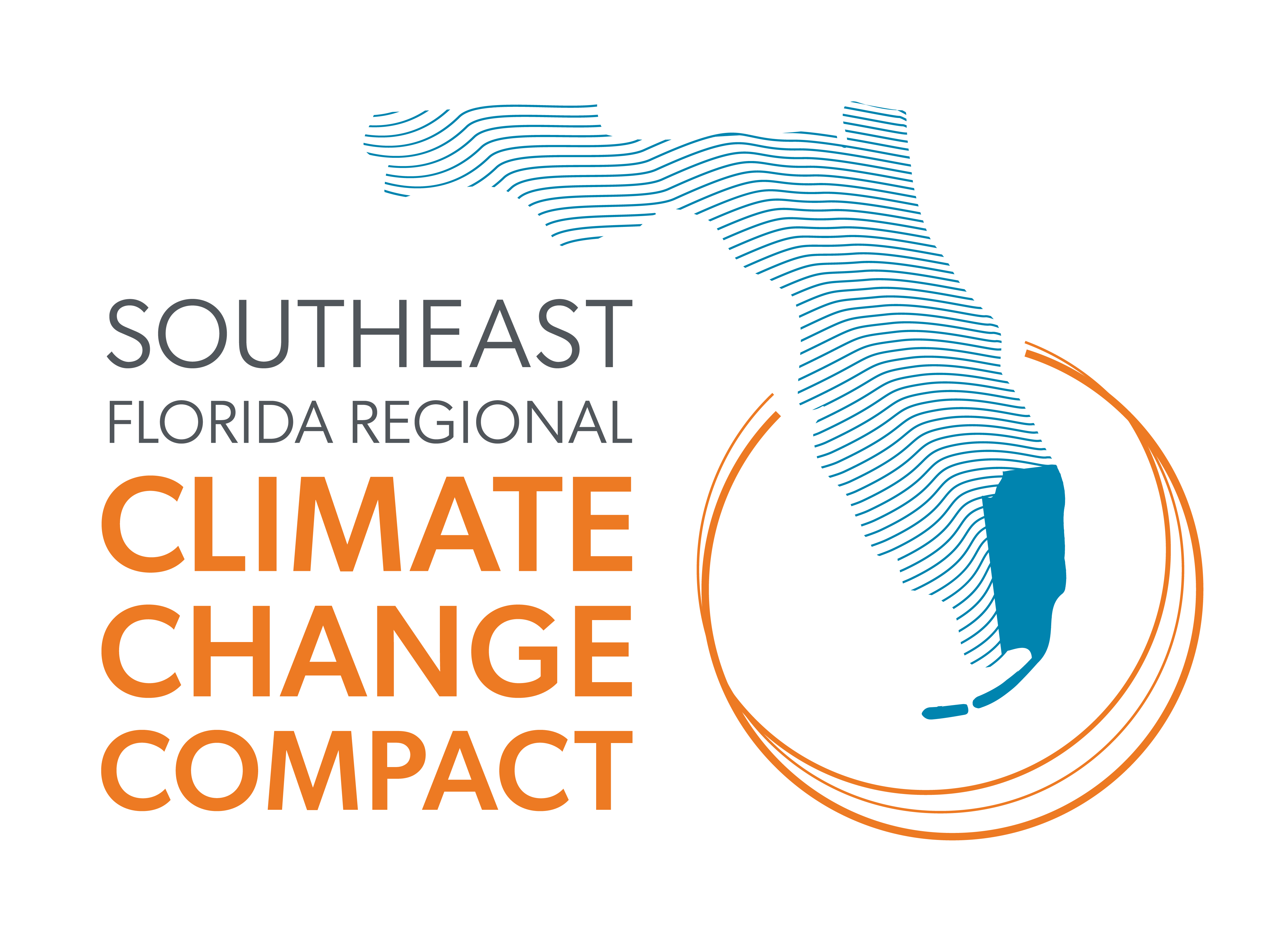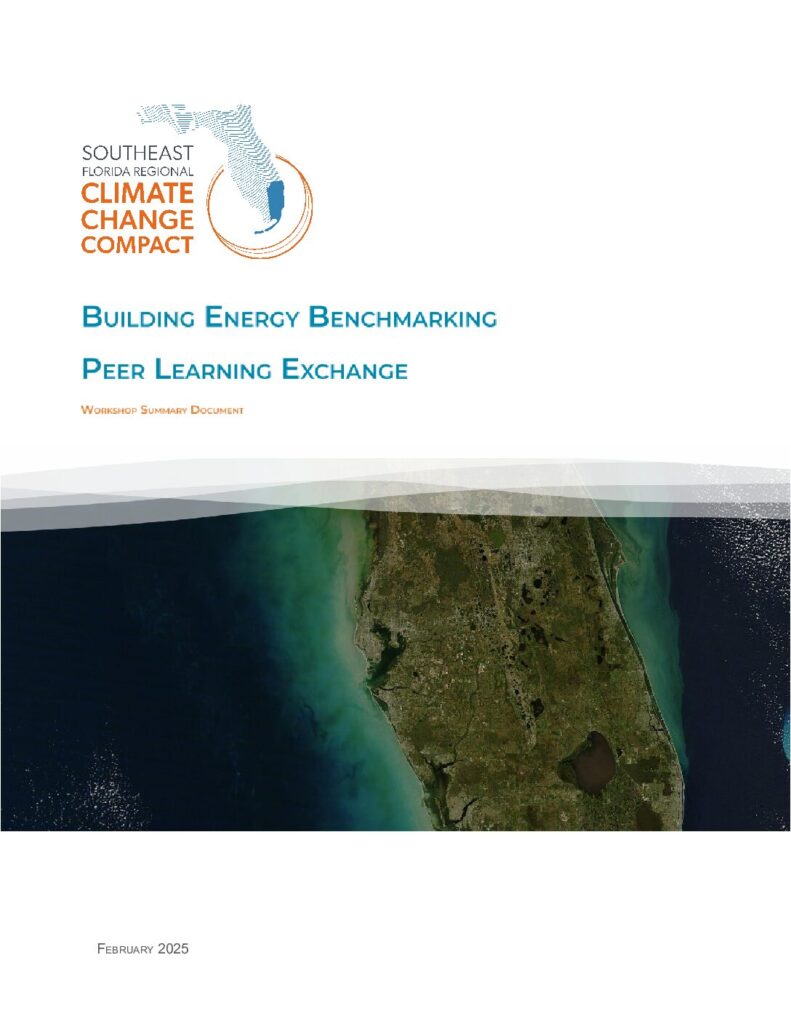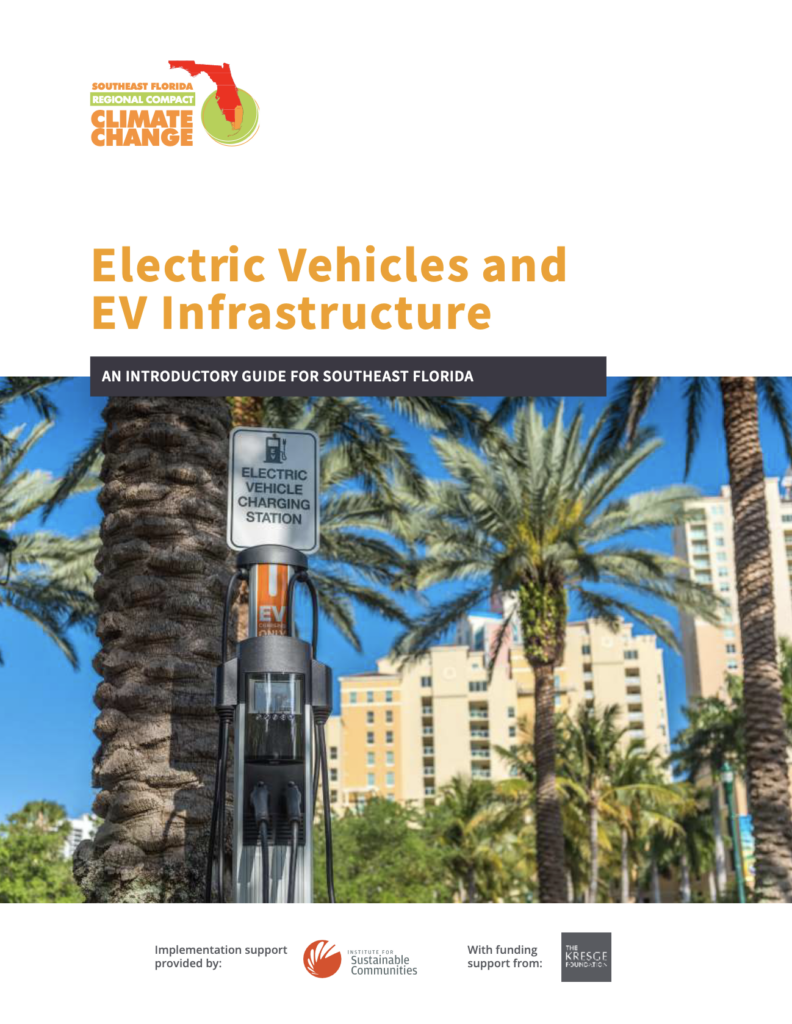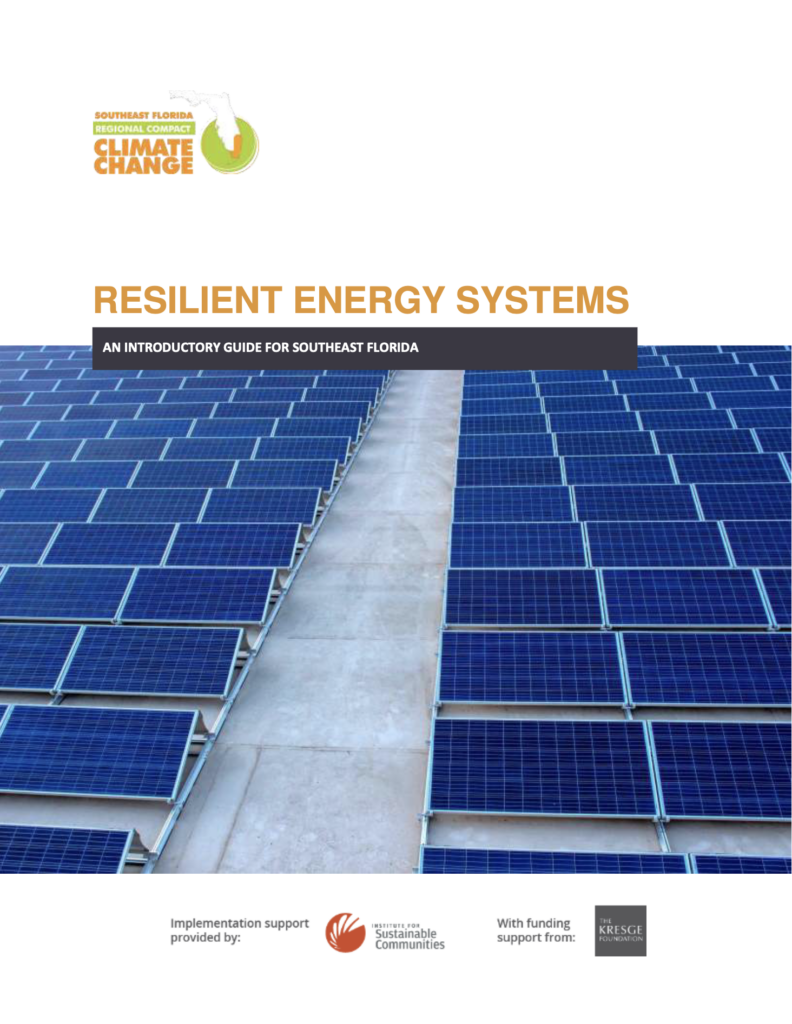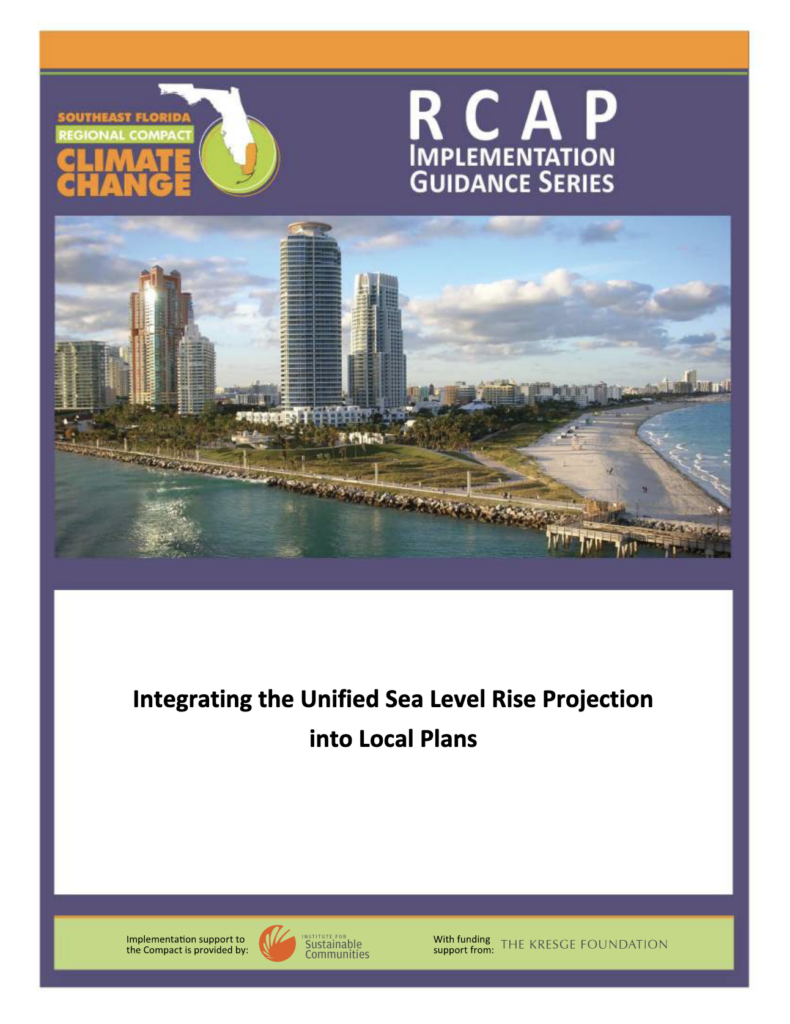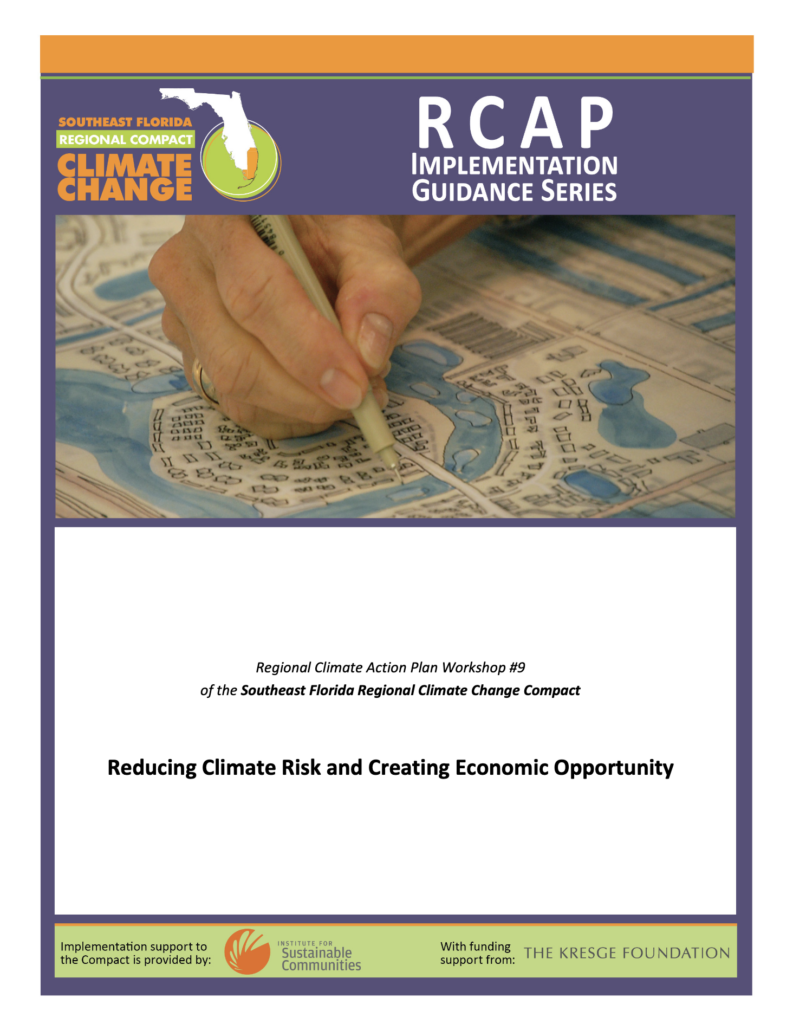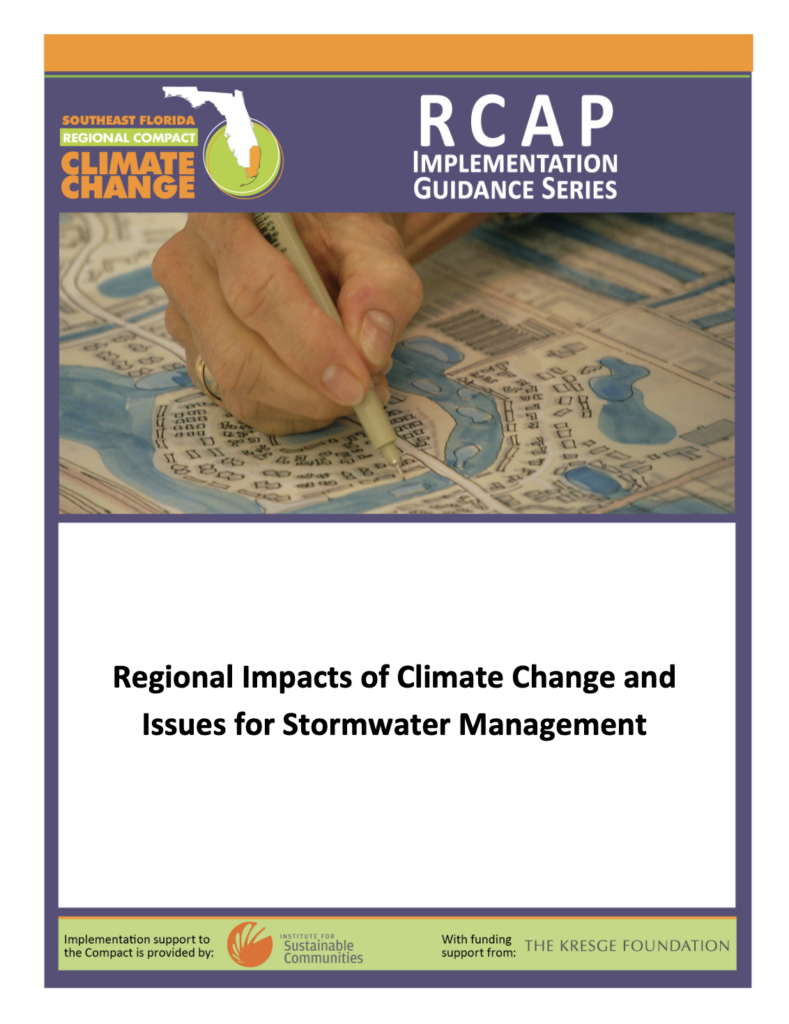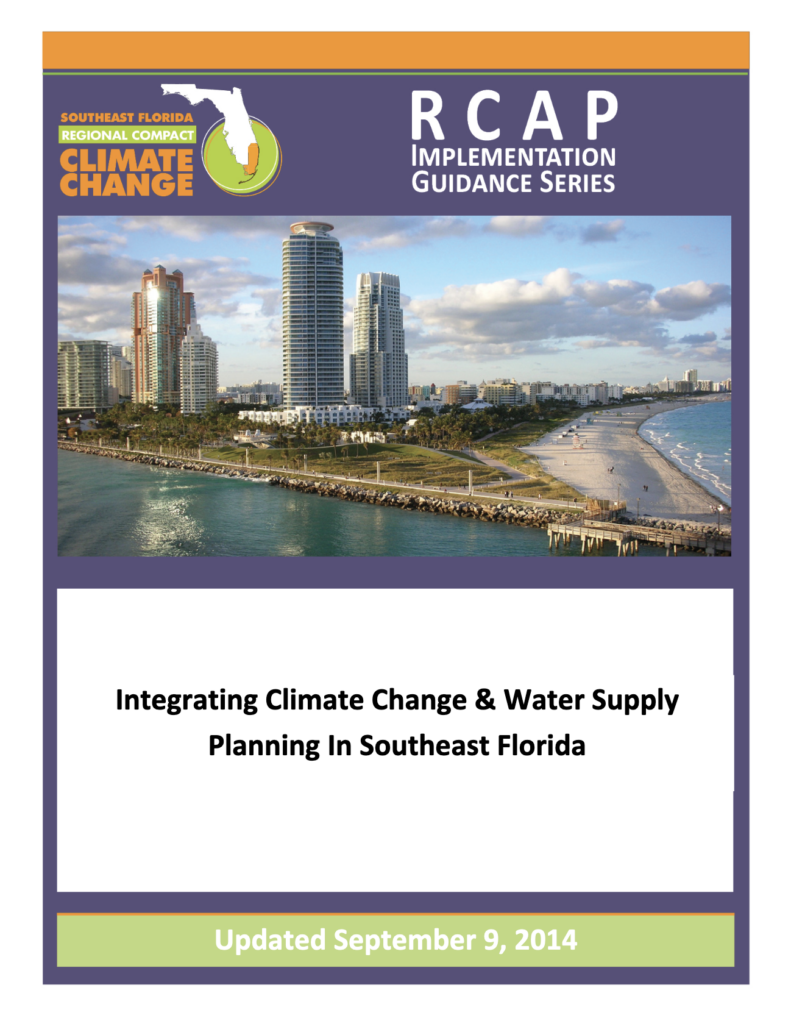
RCAP Implementation Resources
As part of the Southeast Florida Regional Climate Change Compact’s ongoing efforts to build the capacity of practitioners and stakeholders in Southeast Florida to advance regional climate action, the following guidance documents have been developed on specific topics to build upon material presented at Compact Implementation Workshops.
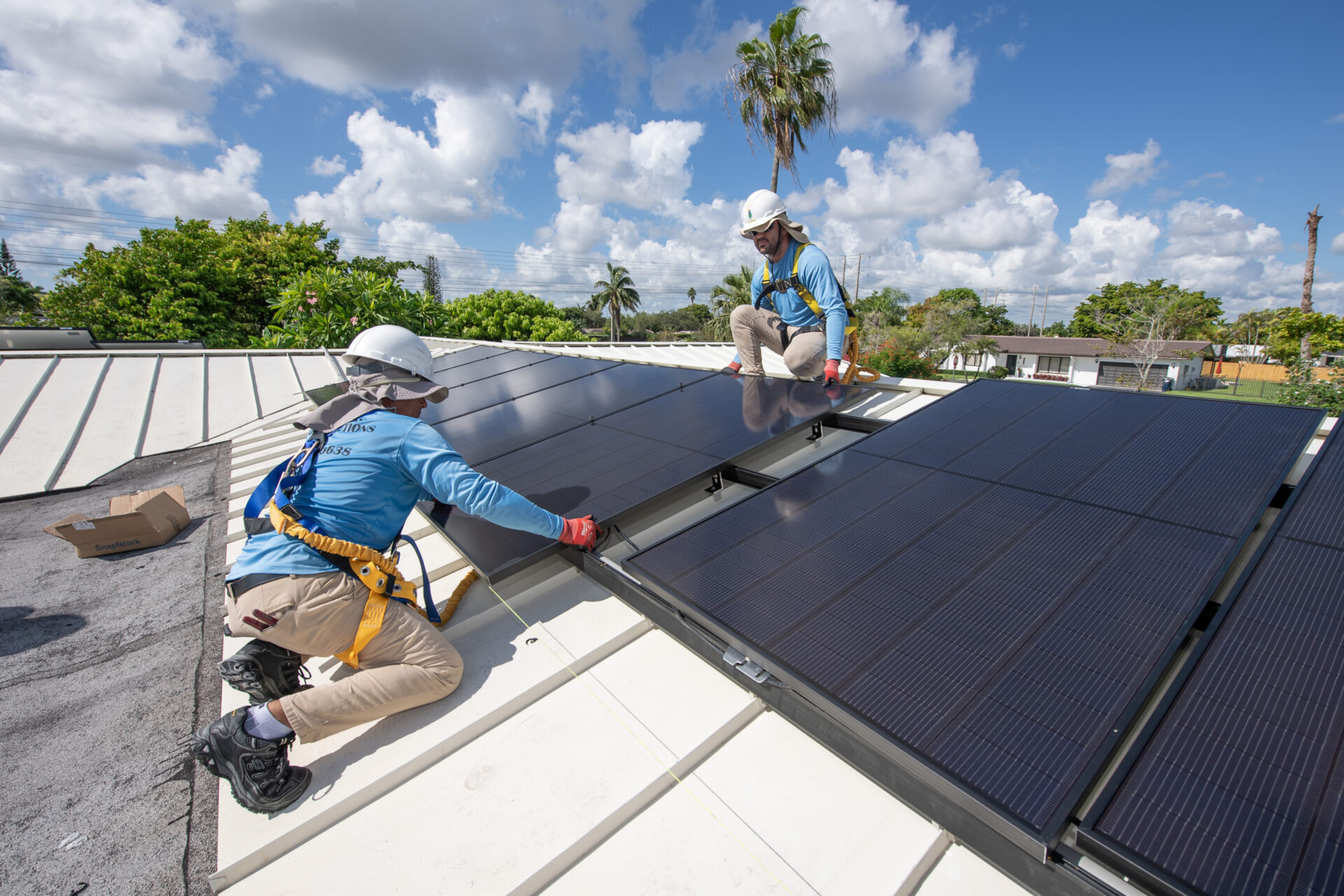
Building Energy Benchmarking Peer Learning Exchange Workshop Summary Document
The Southeast Florida Regional Climate Change Compact (Compact) provides avenues to transfer knowledge and support capacity building among local government practitioners to advance local climate solutions. In the spirit of coordinated efforts to reduce greenhouse gas (GHG) emissions in the region, the Compact hosted a Benchmarking Peer Learning Exchange in November 2024. Municipal and county staff gathered to learn from subject matter experts and one another about designing and implementing a benchmarking program. Designed to facilitate cross-pollination of learnings and best practices from existing benchmarking programs across the region, as well as share external examples, speakers at the workshop included representatives from Institute for Market Transformation (IMT), Miami-Dade County Office of Resilience, City of Miami Building Department, City Boston Environment Department, and Cadmus (a contractor to the U.S. Environmental Protection Agency).
RCAP Implementation Guidance Series: Electric Vehicles and EV Infrastructure
As part of the Southeast Florida Regional Climate Change Compact’s ongoing efforts to build the capacity of practitioners and stakeholders in Southeast Florida to advance regional climate action, the Compact has developed an introductory report on electric vehicles and EV infrastructure. This compilation of resources builds on presentations and discussions from the Compact’s Fall 2019 workshop on electric vehicles and offers additional curated resources and guidance on opportunities for local governments to support the transition to and expansion of electric vehicles. The report outlines useful tools for localities to develop EV-ready communities, install EV infrastructure, and to transition public fleets to electric vehicles, while also providing leading best practices for policy design and regional coordination of EV charging infrastructure.
RCAP Implementation Guidance Series: Resilient Energy Systems
In the fall of 2018, the Southeast Florida Regional Climate Change Compact (the Compact), in partnership with the Department of Energy’s Southeast Combined Heat and Power Technical Assistance Partnership, convened regional stakeholders—including local government staff, non-profit organizations, utility representatives, and institutional building facility managers—to learn from local and national resilient energy system experts during a two day-long implementation workshop titled Resilient Energy Systems. The convening is part of a workshop series designed to advance the implementation of the Climate Compact’s Regional Climate Action Plan and specifically focused on recommendations from the Energy and Fuel and Risk Reduction and Emergency Management chapters. This guidance report builds upon and supports the content presented at that workshop with the goal of providing local government staff and other stakeholders with a basic grounding in this topic.
RCAP Implementation Guidance Series: Integrating the Unified Sea Level Rise Projection into Local Plans
This is a guidance document created by the Southeast Florida Regional Climate Change Compact as an addendum to the Regional Climate Action Plan (RCAP) Workshop #10: “Essential Tools: Integrating the Southeast Florida Sea Level Rise Projections into Community Planning” held on July 14, 2016. It focuses on the increasing number of local governments that are independently planning for sea level rise compliance with state law.
RCAP Implementation Guidance Series: Reducing Climate Risk and Creating Economic Opportunity
A guidance document created from presentations and remarks made at Regional Climate Action Plan Workshop #9 ‘Reducing Climate Risk and Creating Economic Opportunity’.
RCAP Implementation Guidance Series: Regional Impacts of Climate Change and Issues for Stormwater Management
The Regional Impacts of Climate Change and Issues for Stormwater Management compact guidance document is one in a series of publications designed to assist county and municipal policymakers, administrators and program staff with implementation of the 110 recommendations contained within the Southeast Florida Regional Climate Change Compact’s 2012 Regional Climate Action Plan.
RCAP Implementation Guidance Series: Integrating Climate Change & Water Supply Planning In Southeast Florida
This Compact Guidance Document is one in a series of publications designed to assist county and municipal policymakers, administrators and program staff with the nuts and bolts of voluntarily implementing the 110 recommendations contained within the Southeast Florida Regional Climate Change Compact’s 2012 Regional Climate Action Plan. The publication series is produced by the Institute for Sustainable Communities on behalf of the Southeast Florida Regional Climate Change Compact with funding graciously provided by the Kresge Foundation.
